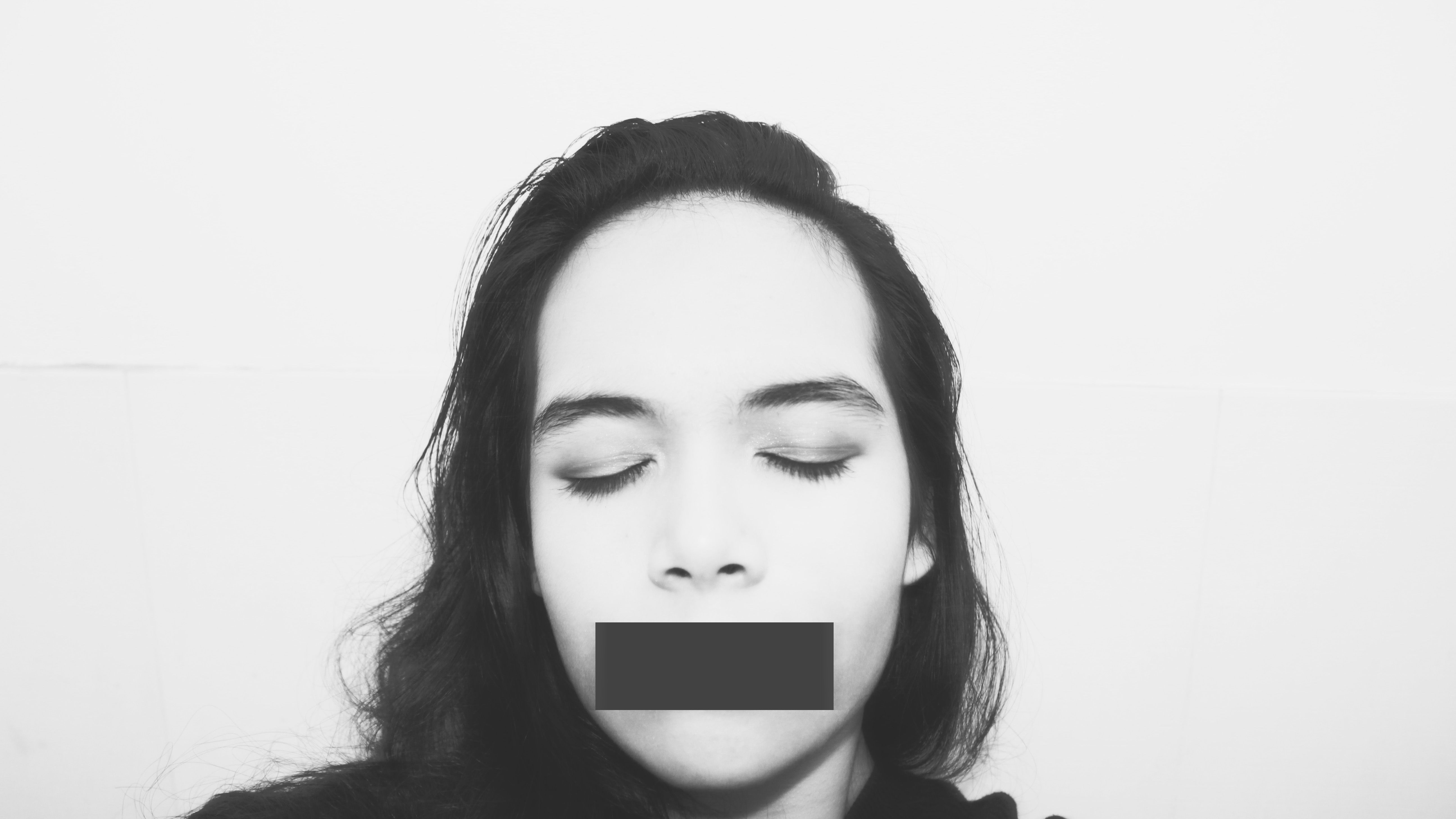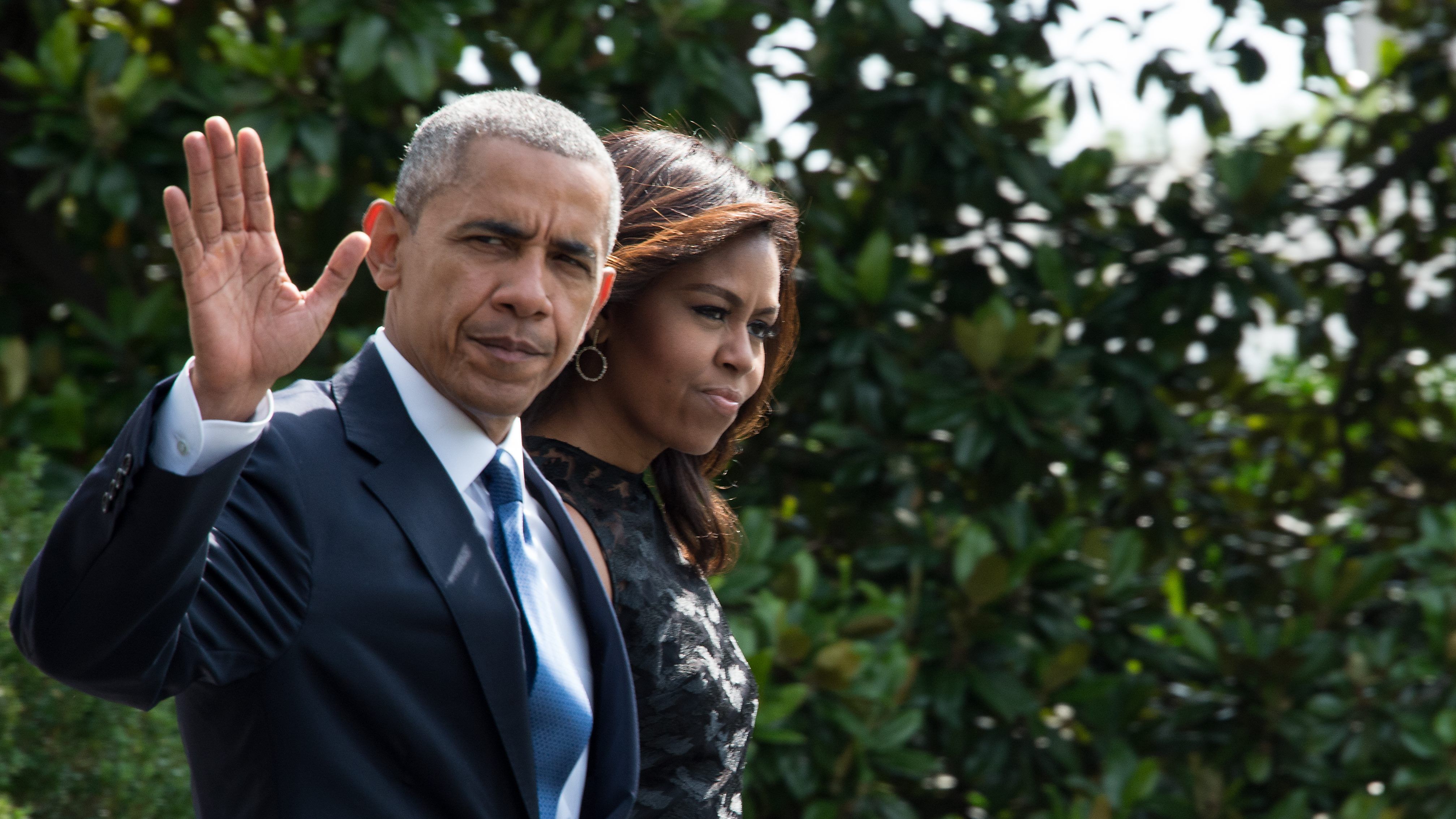What If We Just Believed Women?
One of the reasons Harvey Weinstein was able to allegedly prey on women for 30 years is that victims were afraid no one would hear them out if they came forward.


Believing women sounds simple enough; it shouldn’t be a radical idea. But in a country—in a world, really—where women are routinely dismissed when they speak up, something as basic as trusting us can be revolutionary.
If women knew they'd be trusted when they spoke out, more women would feel safe doing so—and abusers wouldn't feel quite so protected.
Imagine if our culture believed women who came forward about sexual harassment, abuse, and assault. If it did, perhaps the victims of Harvey Weinstein's alleged predatory behavior wouldn't have feared coming forward on their own. Actress Katherine Kendall explained to The New York Times that she didn't tell anyone about the harassment she suffered at the hands of Weinstein because, "I'll never work again and no one is going to care or believe me." If women knew they'd be as trusted when they spoke out as, say, a man is, it would not only mean that more women would feel safe doing so—but that abusers wouldn't feel quite so protected.
Imagine if women like Brock Turner's victim—who spoke so eloquently at her attacker’s sentencing—were listened to, not just by the public who read her viral statement, but by cops and judges and legislators. “I am not just a drunk victim at a frat party found behind a dumpster,” she said. Not that she wasn't treated like one.
RELATED STORY

Imagine if we had an administration that believed experts and victims instead of abusive anti-feminist groups that (wrongly) insist women lie when it comes to sexual assault.
Imagine if someone had believed the first woman who accused Bill Cosby of rape. Imagine if there were no other women who came after her because of it.
Trusting women goes beyond stories of assault and harassment, though. Imagine if we believed women when they said that they were in pain. Research shows that doctors and hospitals take women’s pain less seriously and treat it less aggressively than men's. For acute abdominal pain, for example, men wait 49 minutes on average before getting pain medication; women, however, wait an average of 65 minutes. Perhaps if doctors believed women when they said that they hurt, we wouldn’t hear so many stories of women spending years in agony, waiting for someone to diagnose their endometriosis or fibromyalgia.
Think about the heartache that could be avoided if politicians believed that women know what is best for their bodies.
Imagine if lawmakers believed women when they say they aren’t ready for a child or deserve the right to choose when to get pregnant. Think about all the heartache that could be avoided if the people who are supposed to represent us really believed that women know what is best for their bodies and their families. There's a reason that Dr. George Tiller—murdered for providing abortions—said over and over: “Trust women.” He understood that the complicated decisions women make about their health and lives were theirs to make. No one else’s. Imagine if politicians believed the same; what it would mean for the women who are shamed, made to jump through hoops, and put themselves in jeopardy to follow arbitrary and dangerous anti-choice laws.
Get exclusive access to fashion and beauty trends, hot-off-the-press celebrity news, and more.
RELATED STORY

Imagine if we believed women who said that their boyfriends or husbands hurt them. Imagine if we made it impossible for those men to have guns. Right now, 35 states allow a man to own a gun even if he's been convicted of domestic violence or subject to a restraining order. What if we believed women who said their partners put their lives in danger? How many more women would be alive because we trusted them?
Imagine, if you can bear it, that America believed Hillary Clinton. Before the 2016 election, multiple polls showed that voters found Donald Trump—a man who lies as naturally as he breathes—more trustworthy than Clinton. Trump’s first campaign ad contained one lie every four seconds; and he told at least one lie every day for the first 40 days of his presidency. Yet somehow, still, it was Clinton who couldn’t be trusted. Think about how different our lives would be right now if this woman, whom so many would not believe, was at the country’s helm.
I don’t think this has to be an exercise in dreamy optimism. It's true that we haven’t hit the tipping point of people widely believing women, not yet. But as more and more women come forward, as people start to trust that what they speak is the truth, we can and will get to this place. Until then, women, I believe you.
Jessica Valenti is a contributing editor to MarieClaire.com—read her weekly column here.
Jessica Valenti is a columnist and author of five books on feminism, politics, and culture. Her latest book, Sex Object: A Memoir, was a New York Times bestseller. Valenti is also editor of the ground-breaking anthology Yes Means Yes: Visions of Female Sexual Power and a World Without Rape and the founder of Feministing.com, which Columbia Journalism Review called “head and shoulders above almost any writing on women’s issues in mainstream media.” She has a Master’s degree in Women’s and Gender Studies and lives in Brooklyn with her husband and daughter.
